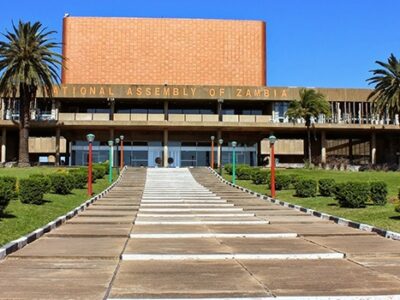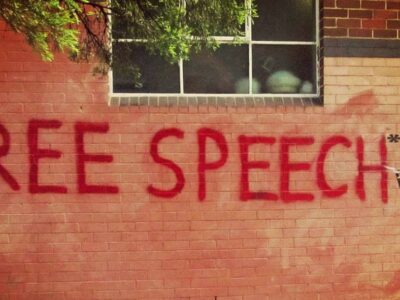Josephine Diase, a prominent figure in the Disability Movement, sheds light on the obstacles confronting people with disabilities in rural regions, especially as it concerns media freedom and freedom of expression.
Diase pointed out disparities stemming from lower access to education prevalent in rural areas compared to urban centers.
During an interview with Zambia Monitor in Chipata, Eastern Province, Diase underscored how the educational gap contributed to a lack of awareness among rural residents on their right to engage in public discourse.
“A significant number of individuals, not limited to persons with disabilities, hesitate to voice their opinions, fearing potential repercussions,” Diase remarked.
Elaborating on this point, Diase spoke on how the fear of law enforcement authorities further stifled freedom of expression.
“The mere sight of a police officer can deter individuals from speaking out, fearing potential consequences,” she added.
Despite confronting her own disability, Diase encouraged fellow citizens to speak openly about pertinent issues affecting them.
“It is our fundamental right to voice concerns about matters we perceive as unjust,” she affirmed.
Additionally, Diase highlighted how individuals with disabilities were often marginalized and overlooked due to their vulnerabilities.
“Persons with disabilities often feel inadequately represented, fearing suppression if they advocate for change,” she said.
She spoke on the eagerness of persons with disabilities to express themselves but also voiced concerns about lacking support.
WARNING! All rights reserved. This material, and other digital content on this website, may not be reproduced, published, broadcast, rewritten or redistributed in whole or in part without prior express permission from ZAMBIA MONITOR.












Comments